We are a Church of England Primary School
Contact the School
Brixworth CEVC Primary School
Froxhill Crescent
Brixworth
Northampton NN6 9BG
Phone: 01604 883900
Email: Office50@brixworth.northants.sch.uk
Our Awards and Partnerships
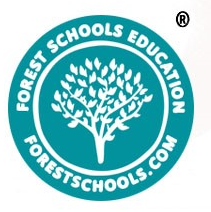

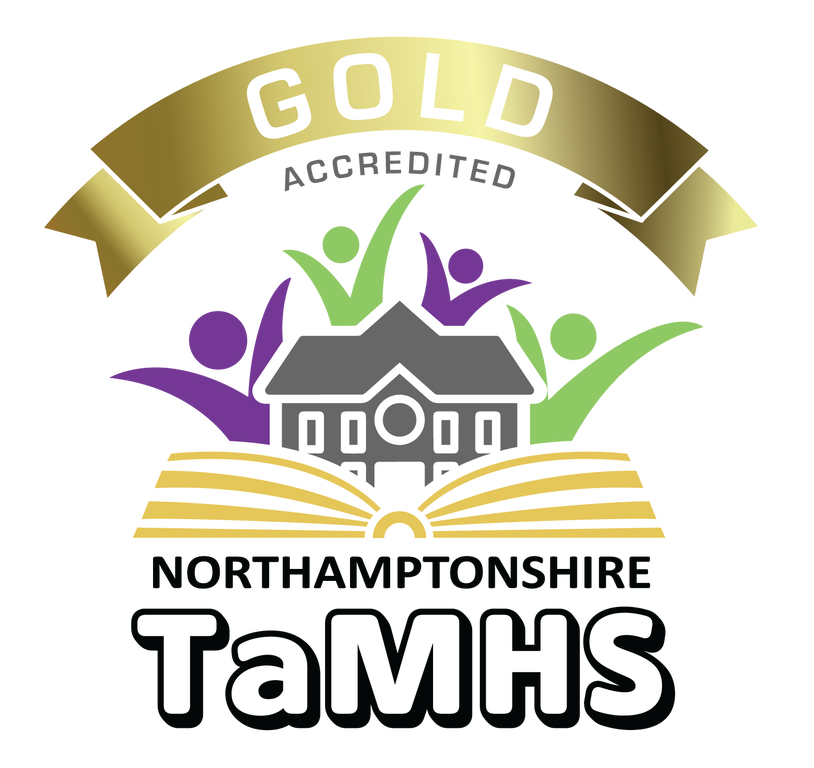
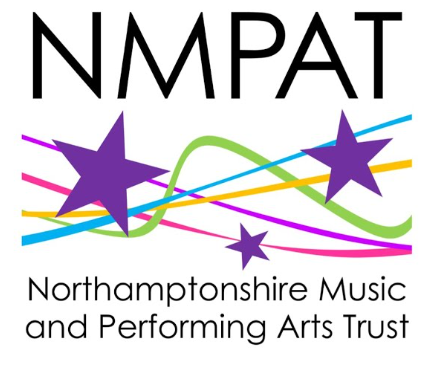
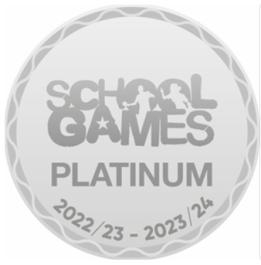
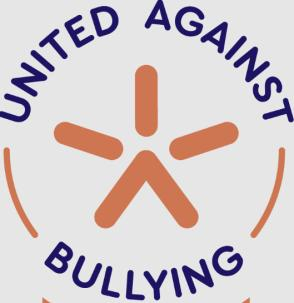

Accessibility Tools
Brixworth CEVC Primary School
Froxhill Crescent
Brixworth
Northampton NN6 9BG
Phone: 01604 883900
Email: Office50@brixworth.northants.sch.uk






